وَمِنْ آيَاتِهِ أَنْ خَلَقَ لَكُم مِّنْ أَنفُسِكُمْ أَزْوَاجًا لِّتَسْكُنُوا إِلَيْهَا وَجَعَلَ بَيْنَكُم مَّوَدَّةً وَرَحْمَةً ۚ إِنَّ فِي ذَٰلِكَ لَآيَاتٍ لِّقَوْمٍ يَتَفَكَّرُونَ
Islamic Marriage/Nikah
Our Process
Follow our comprehensive 7-step process for conducting a proper Islamic marriage ceremony that honors tradition and meets all religious requirements.
Notification to BIMCA
The first step in conducting an Islamic marriage is to notify BIMCA (Benevolent Islamic Missionary College and Association) or the relevant Islamic authority. This notification should be made at least one day before the planned marriage date.
No Forms to be Filled
Unlike some civil marriages, there are generally no specific forms that need to be filled out for an Islamic marriage ceremony. The process is often based on traditional customs and Islamic practices.
Presence of Wali, Bride & Groom
On the day of the marriage ceremony, the bride, groom, and their respective wali (guardian) must be present. The wali is typically a male relative who gives consent for the marriage on behalf of the bride
Imam as a Wali for the bride
If there is no suitable wali available for the bride, then an Imam (Islamic religious leader) can act as the wali for the bride. This step ensures that the bride's consent is obtained in the absence of a male guardian.
Two Male, Adult Witnesses
To validate the marriage contract, two male adult witnesses must be present during the ceremony. These witnesses are responsible for attesting to the consent of both the bride and groom and the agreement on the mahr. They should be trustworthy individuals.
Agreed Upon Dowry
Before the marriage is solemnized, the agreed upon dowry (mahr) should be determined. The mahr is a financial gift or obligation that the groom gives to the bride as a symbol of his commitment. The amount and nature of the mahr should be mutually agreed upon by both parties.
Receive your Islamic Marriage Certificate
After all the necessary steps and conditions have been met, the couple will receive their Islamic Marriage Certificate. This certificate serves as proof of the marriage in accordance with Islamic law. However, It's not a formal recognition of the marriage and may not be used for legal and administrative purposes.
Our Amazing Work
overpriced florist wedding drunk groomsman glitter father bridesmaid sparkles forever happy salad.

Wedding Boquet
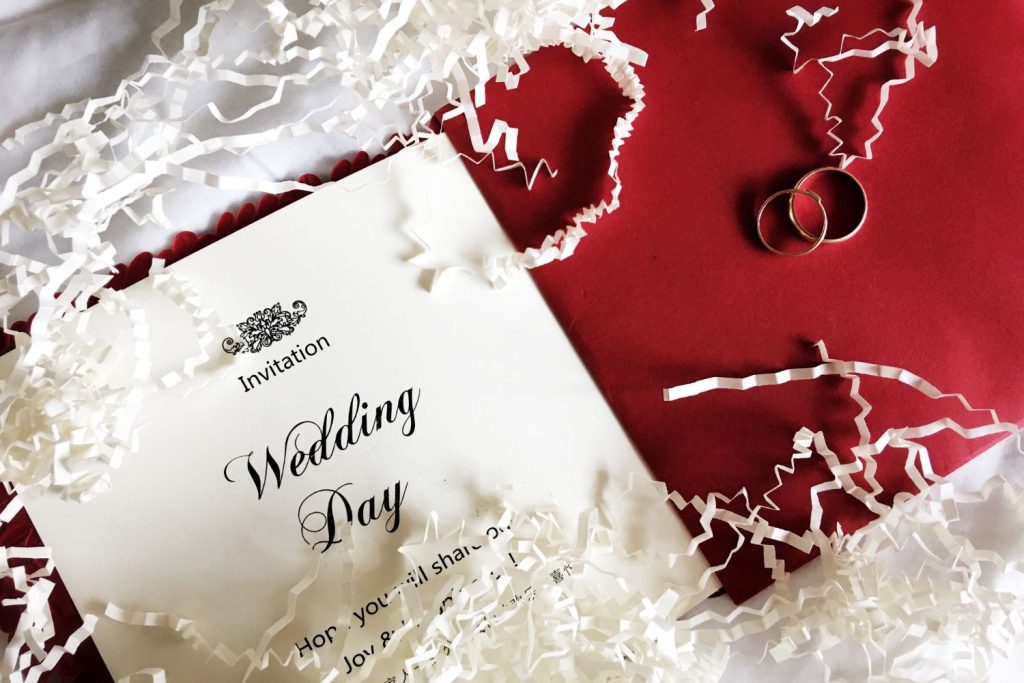
Wedding Invitation
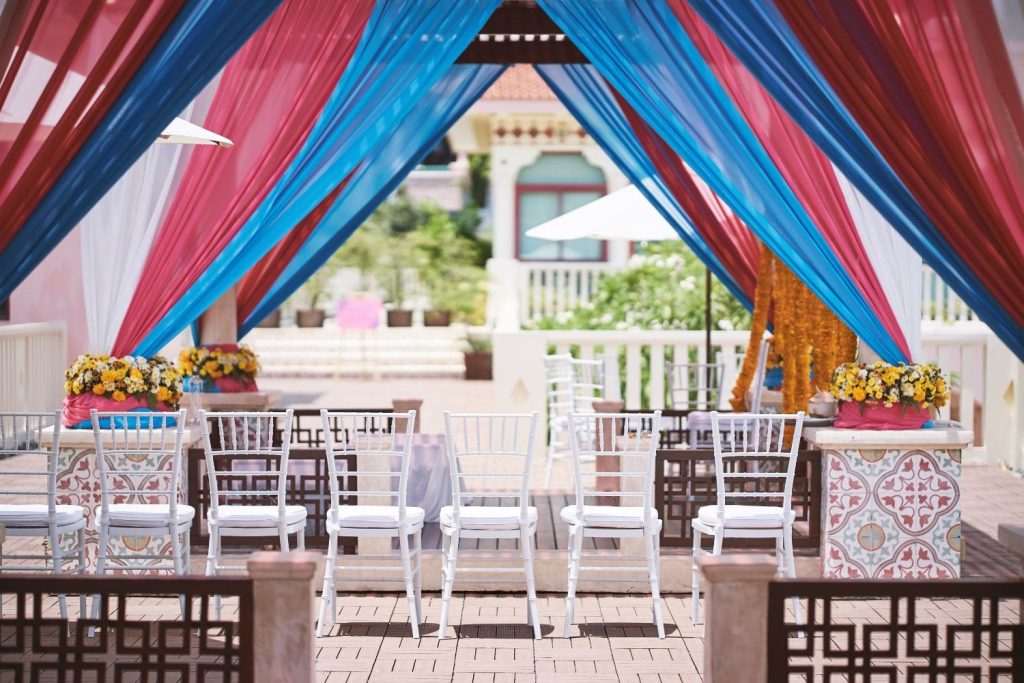
Wedding Location
Hear From Our Marriage Celebrants
Explore the transformative experience of your life by connection with our Islamic counsellors who attribute a deep understanding of the religious principles and people.
Islamic Marriage/Nikah Appointment
Schedule your special day with our experienced marriage officers. Professional, dignified ceremonies in a beautiful setting.
Send us a Message
Have a specific question? Drop us a line and we’ll get back to you within 24 hours.
Islamic Marriage FAQ
Find answers to common questions about Islamic marriage principles, requirements, and traditions.
Marriage in Islam serves multiple purposes: it provides a lawful means for companionship and intimacy, helps in spiritual and moral development, creates a stable family structure for raising children, and is considered half of one's faith (deen). It promotes mutual support, love, and mercy between spouses.
A valid Islamic marriage requires: mutual consent of both parties, presence of witnesses (usually two male witnesses or one male and two female witnesses), a marriage contract (Nikah), and the payment of Mahr (dower) to the bride. The ceremony should be conducted by someone knowledgeable in Islamic law.
Islamic law permits Muslim men to marry women from the People of the Book (Christians and Jews), provided certain conditions are met. However, Muslim women are generally required to marry Muslim men. The specific rulings can vary among different schools of Islamic jurisprudence.
The Wali, typically the bride's father or closest male relative, plays a crucial role in Islamic marriage. They represent the bride's interests, ensure the marriage contract is fair, verify the groom's character and ability to provide, and give consent for the marriage. This guardianship is meant to protect the bride's rights and welfare.
Mahr is a mandatory gift from the groom to the bride, symbolizing respect and commitment. It becomes the bride's exclusive property and provides financial security. The amount is agreed upon by both parties and can be paid immediately or deferred. It represents the groom's responsibility and the bride's dignity.
The Imam or religious officiant conducts the Nikah ceremony, ensures all Islamic requirements are met, recites relevant Quranic verses and prayers, witnesses the marriage contract, and provides guidance on Islamic marital principles. They serve as both a spiritual guide and legal witness to the union.
Waleemah is the wedding feast hosted by the groom after the marriage is consummated. It's a Sunnah (recommended) practice that serves to announce the marriage publicly, celebrate the union with family and friends, and seek blessings from the community. It should be modest and within one's means.
While not strictly required, Islamic tradition strongly encourages seeking knowledge about marital rights and responsibilities before marriage. Many Islamic communities offer pre-marital counseling covering topics like Islamic family values, conflict resolution, and mutual responsibilities. Ongoing guidance from knowledgeable scholars is also recommended.
Still have questions?
Our Islamic scholars are here to help with personalized guidance.
What Our Clients Say
Hear from those who found their perfect match
Our Partners and Affiliates
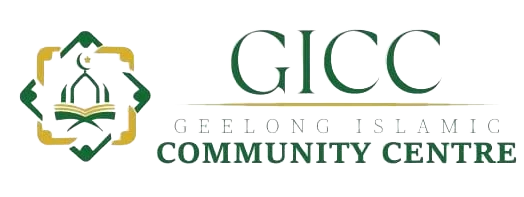


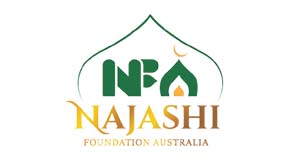

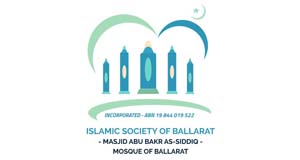
Get In Touch
Feel free to reach out to us with any inquiries, questions, or to schedule a consultation. We understand that your wedding day is a once-in-a-lifetime event, and we are committed to ensuring it is magical.
﴾ ﷲ ﴿




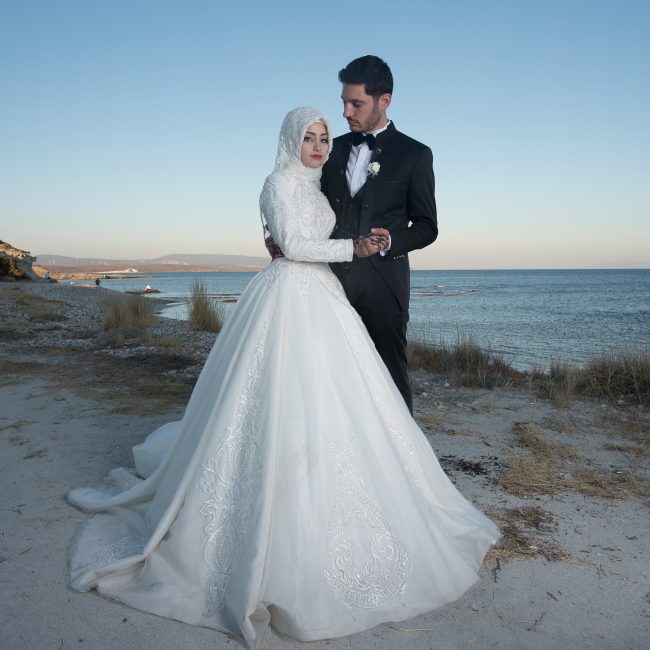
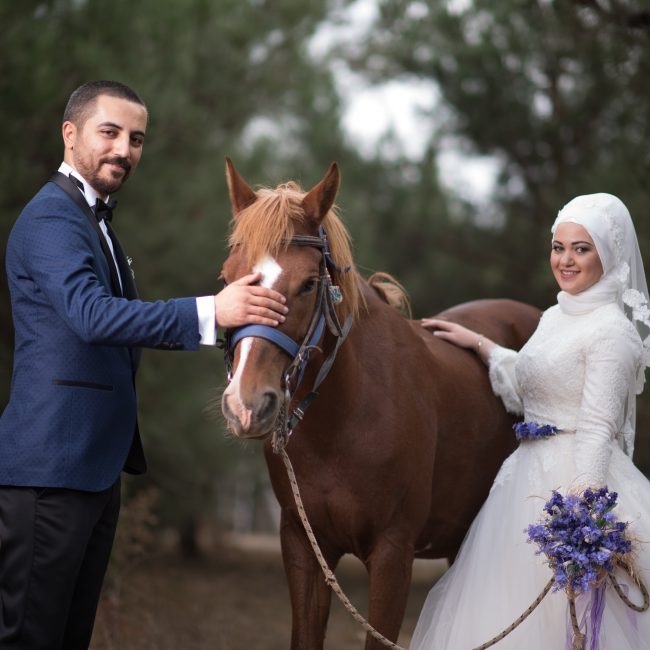

"Alhamdulillah, our Nikah ceremony was beautifully organised by BIMCA. The Imam made the process so smooth and meaningful. Highly recommended for any Islamic marriage services in Australia."